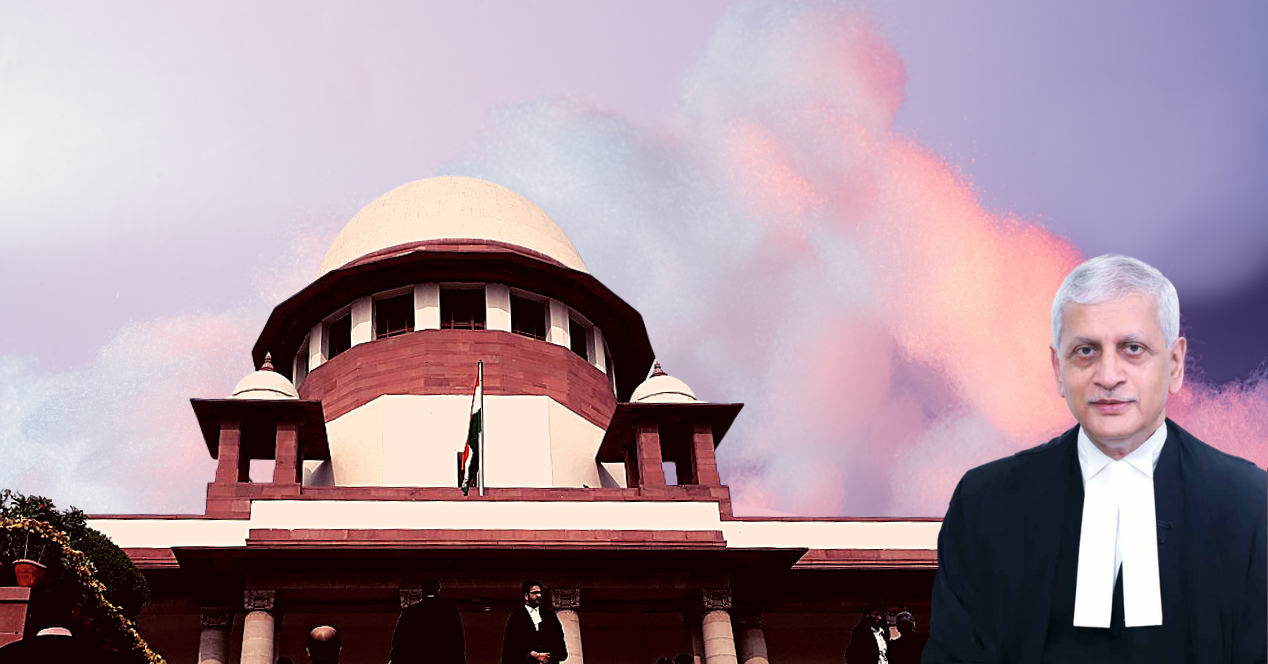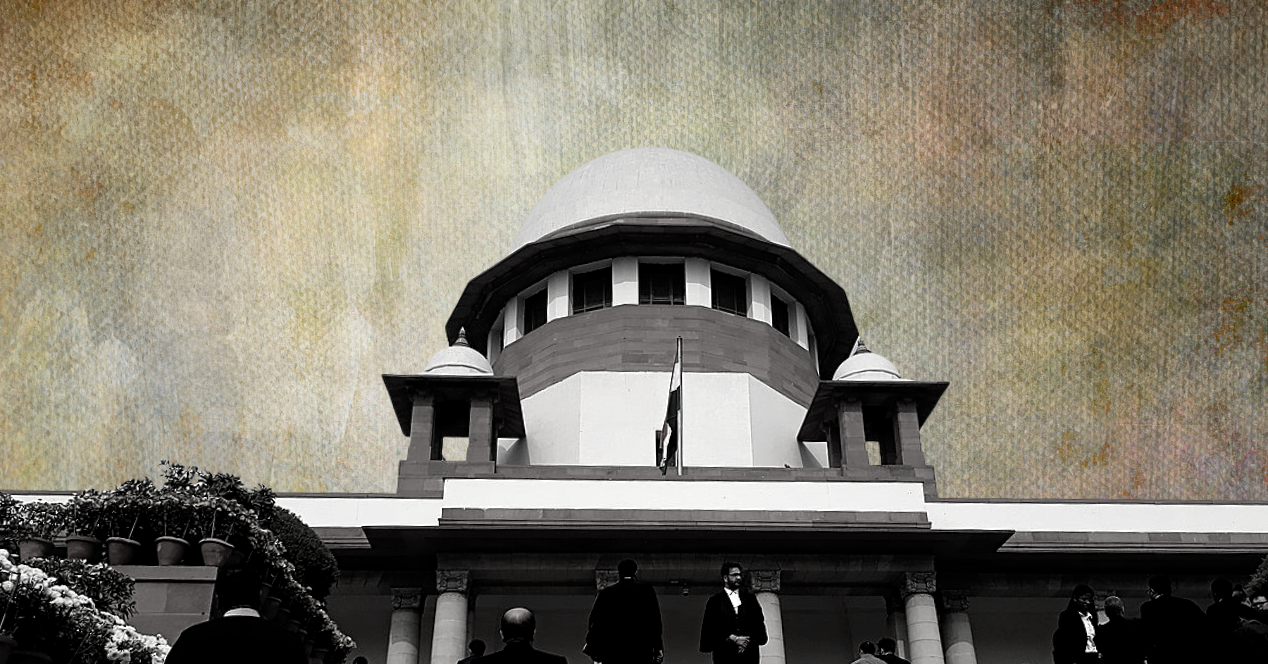Analysis
Constitution Benches Settle on Five Cases to be Heard in September
The cases involve questions of Reservations, Remission, Taxation and Service Rules.
Brushing off one year old cobwebs, two Constitution Benches (CB) assembled for brief hearings in eight cases on August 30th, 2022. Both Benches spent the morning trying to understand which of the eight cases they could practically finish hearing before CJI U.U. Lalit and Justice Indira Banerjee, heading each of the Benches, retire. The Benches decided to hear final arguments in five out of eight cases in September.
These developments come two days after Chief Justice U.U. Lalit took over leadership of the Court. None of the 53 pending CB cases were heard during his predecessor, former CJI N.V. Ramana’s 1.3 year term. In various interviews and public statements over the past few weeks, CJI Lalit has stated that he will prioritise important CB cases in his short 2.5 month term.
CJI Lalit’s Bench to Hear EWS and Muslim Reservation Cases
CJI U.U. Lalit, along with Justices Ravindra Bhat, Dinesh Maheshwari, Bela M. Trivedi and J.B. Pardiwala, decided to begin with two reservation cases. The first is a challenge to the Constitution (One Hundred and Third Amendment) Act, 2019 which enabled the State to make reservations in higher educational institutions and in of public employment on the basis of economic criteria alone. The second set of petitions challenges an Andhra Pradesh government policy of providing reservations in education and public service for the Muslims in the State.
The Bench will grapple with the meaning of ‘backwardness’ in both of these cases. The Bench suggested hearing them simultaneously, since both cases raise closely related questions about the purpose of reservations and will likely require them to examine a common set of precedents.
The Bench appeared inclined to hear the other two listed cases on a future date. These cases concern the minority status of Sikhs in Punjab and establishing regional benches of the Supreme Court.
Senior Advocate Kapil Sibal and Solicitor General (SG) Tushar Mehta spoke briefly for the legions of lawyers that packed the courtroom who were involved in both cases today. SG Mehta informed the Court that lawyers may not have had the time to deeply engage with the case materials yet. The Bench conceded and decided to conduct final arguments for the two matters from September 13th onwards.
Justice Indira Banerjee’s Bench to Hear Cases on Sales Tax, Service Rules and Remission
The second Constitution Bench comprising Justices Indira Banerjee, Hemant Gupta, Surya Kant, M.M. Sundresh and Sudhanshu Dhulia similarly heard four petitions today. The Bench noted that hearings for one of the four, the challenge to Muslim marriage practices such as nikah-halala and polygamy, would require substantial time. This case will not be heard in September, since it is unlikely that final arguments will conclude before Justice Banerjee’s retirement on September 23rd.
The Bench decided to begin final hearings in three cases on September 6th. In the first, the Court will decide the validity of the First and Third Schedules of the Delhi Sales Tax Act, 1975. The Court will decide whether a specific good can be taxed when the broad heading it is included under is exempted.
The second case requires the Court to consider if the eligibility criteria for a position of employment can be changed after the selection process has begun. Justice Banerjee was particularly keen to resolve this case in a timely manner, since it affected appointments for many judicial vacancies as well.
In the last case, the Court will discuss a State government’s power to frame policies that allow the remission of a convict’s sentence without placing the facts of each case before the Governor for approval.
Both Benches Emphasise Need For Fast, Timely Hearings
Racing aggressively against time, both Benches indicated to the lawyers that no delays will be entertained in these hearings. Both Benches are led by Judges due to retire soon.
Justice Bhat, sitting on the Bench led by CJI Lalit, stated that the CBs will hear arguments three days a week. He further stated that lawyers would be allotted time to make their submissions, to avoid lengthening the proceedings. According to Justice Bhat, the Benches intend to conclude hearings in one CB case per week. CJI Lalit’s Bench also appointed some lawyers as ‘nodal officers’ in each case, to facilitate scheduling of hearings and convenient compilation of documents.
Justice Banerjee, leading the other Bench, similarly cautioned lawyers against asking for adjournments in CB hearings. She said that adjournments would disrupt the schedule of five judges, affecting multiple smaller division Benches.
The Court has undertaken an ambitious project. With imminent retirements , will it succeed in seeing its plans through?




